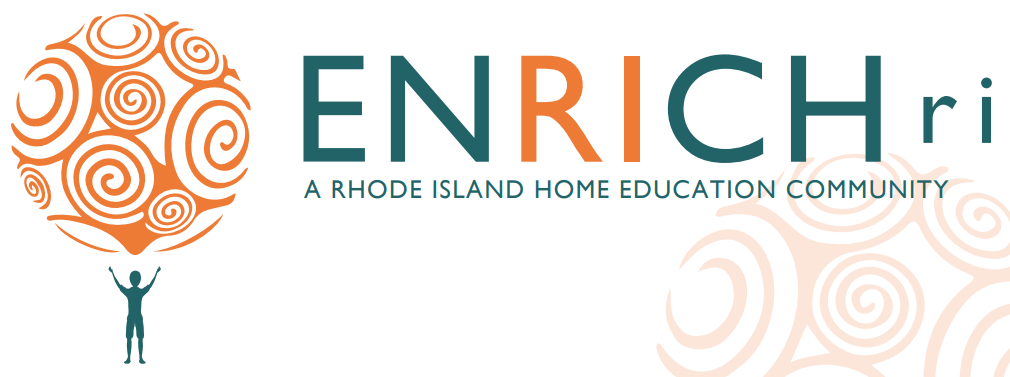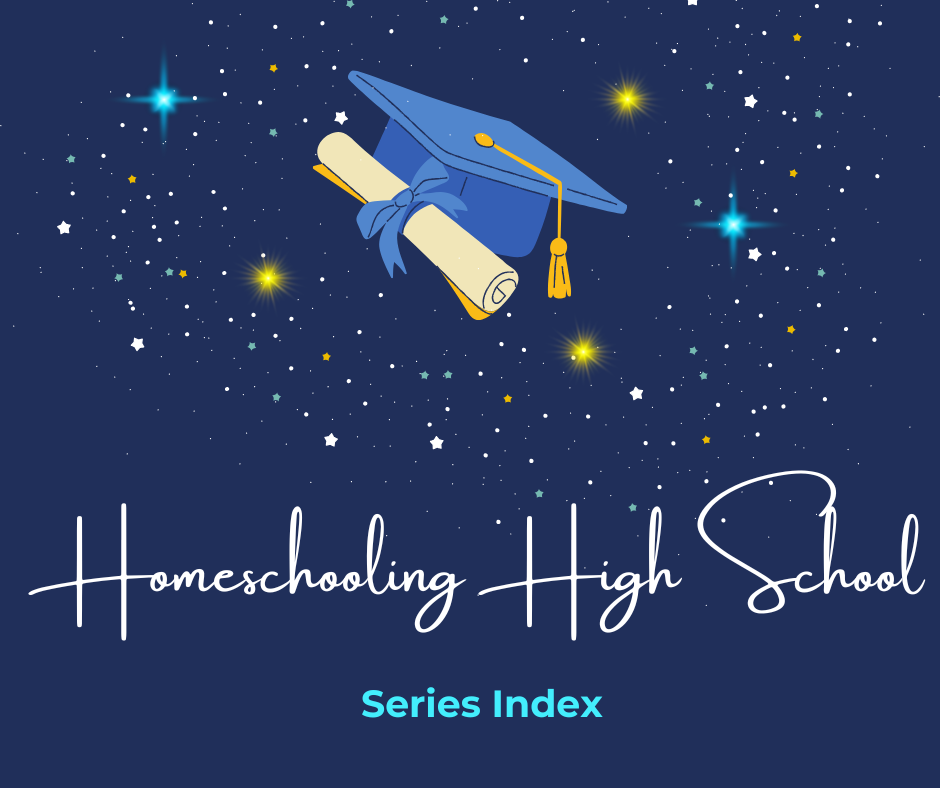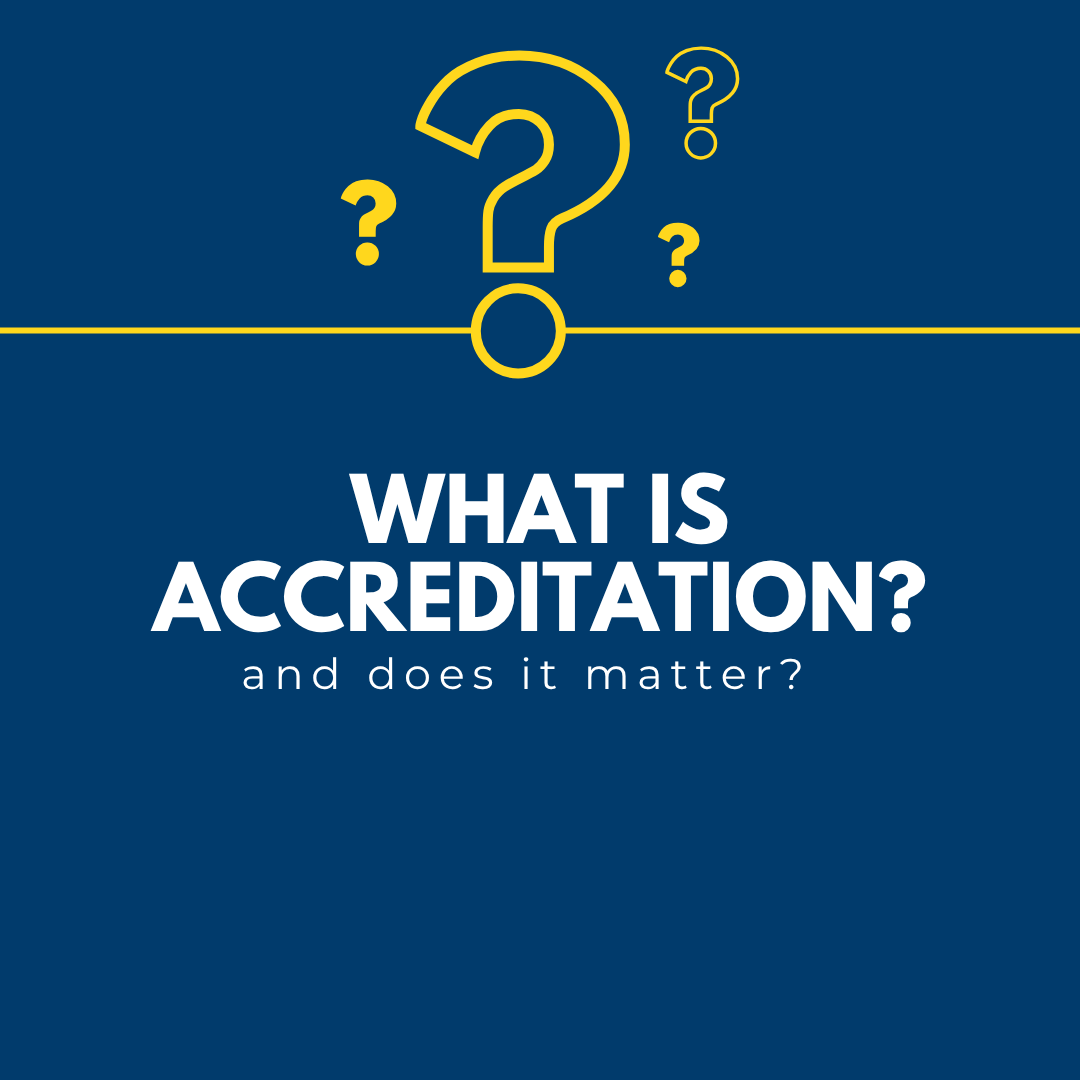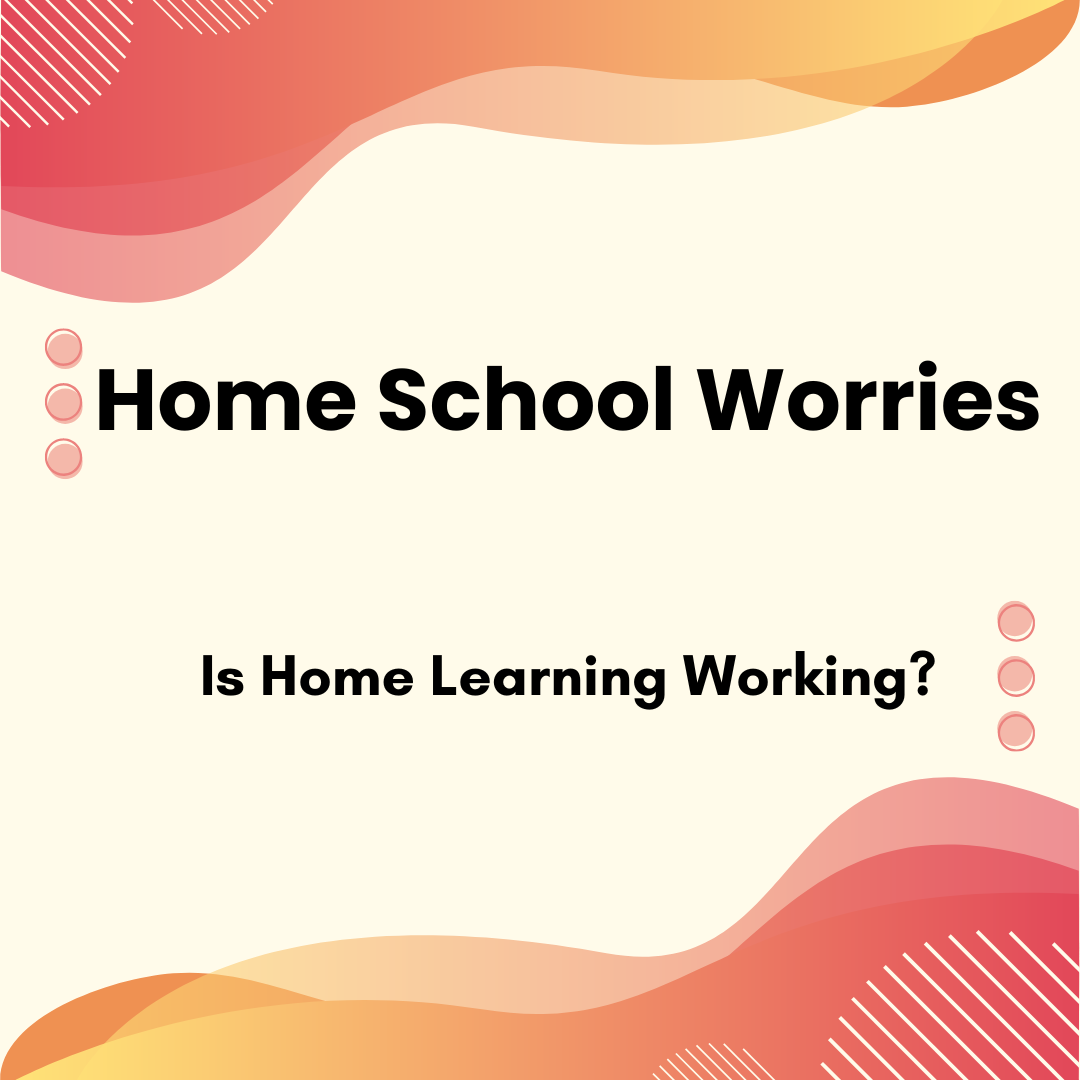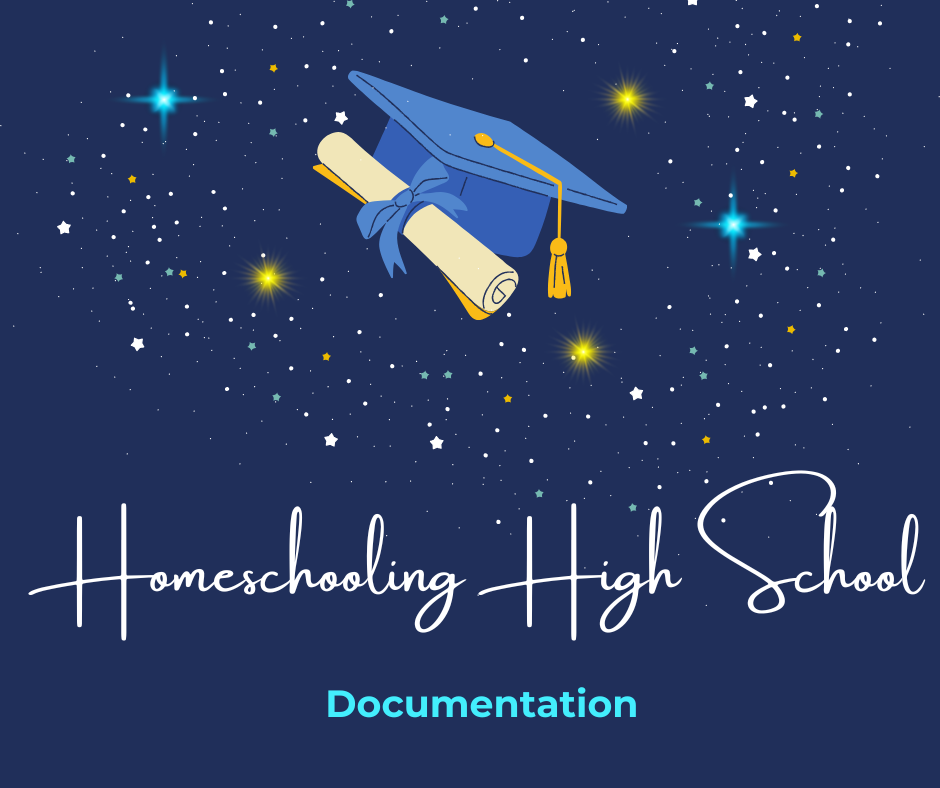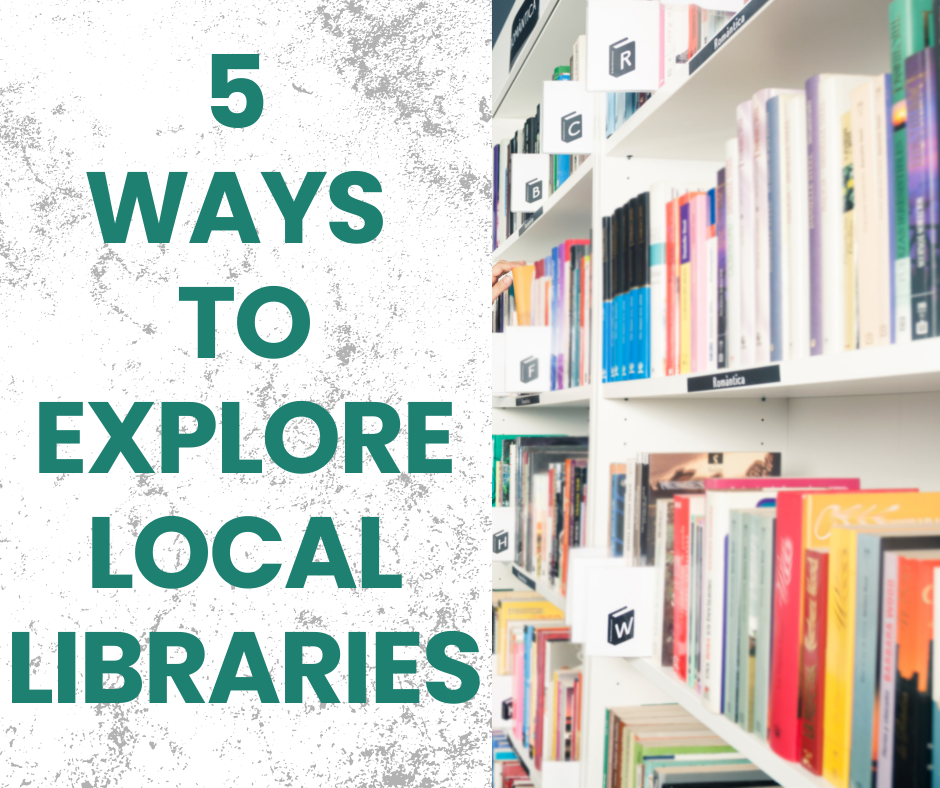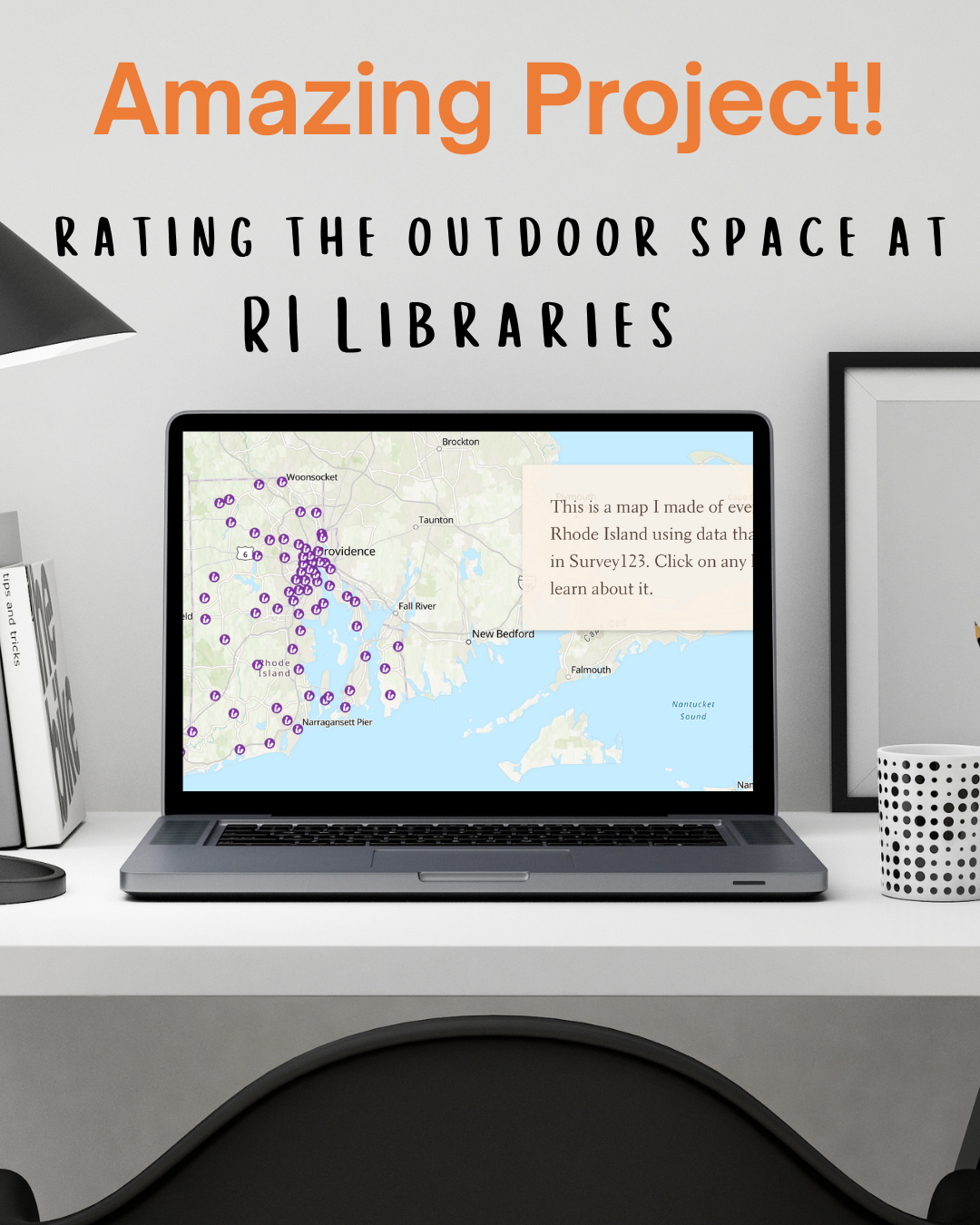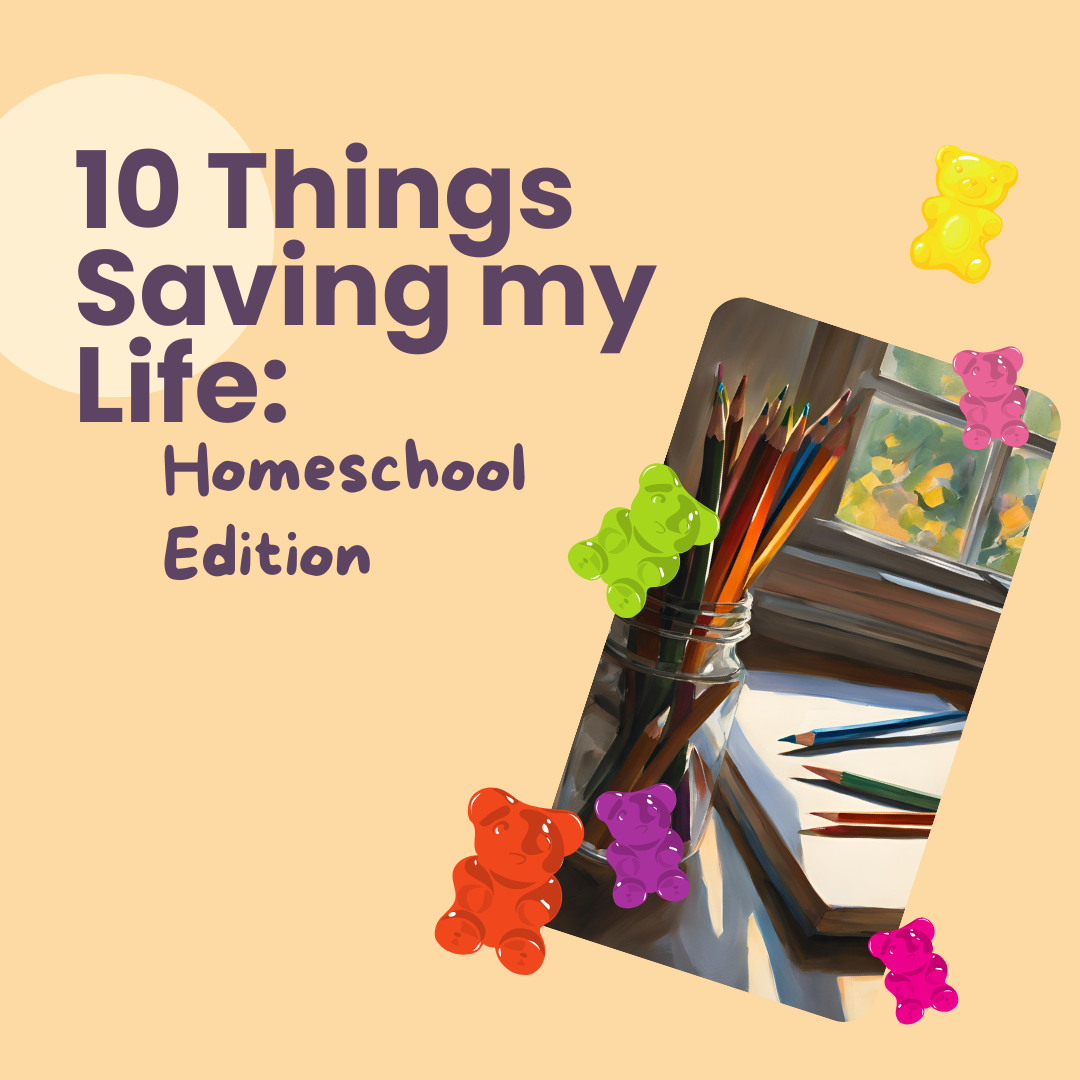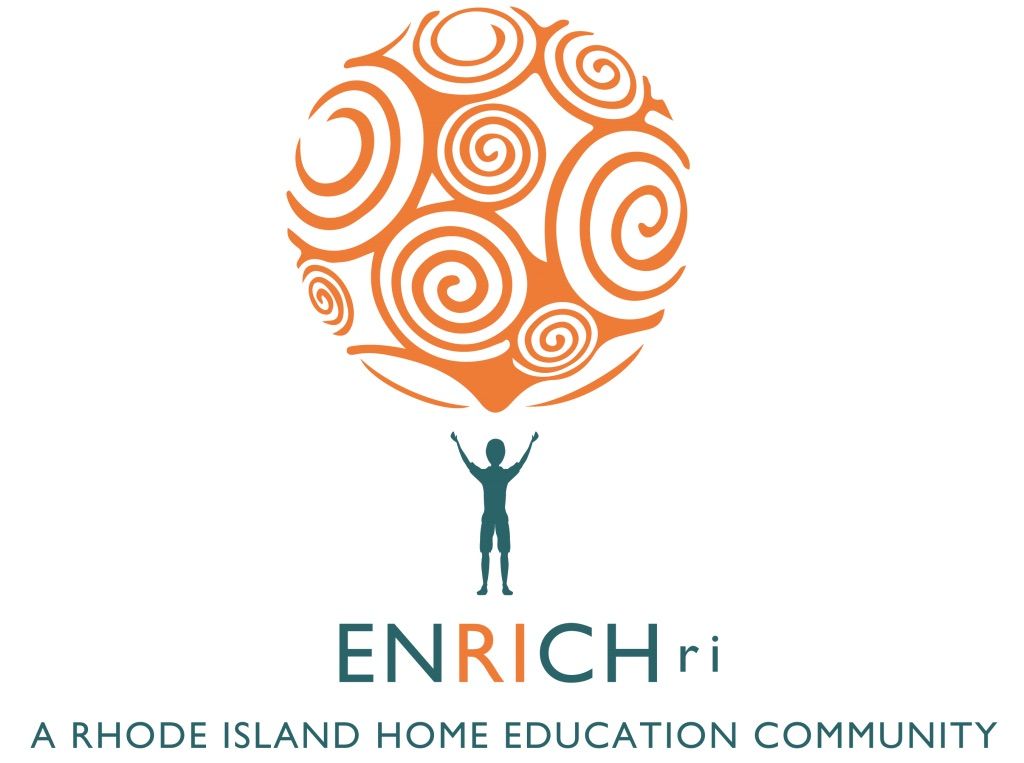3 Resources for Learning About AI
AI for Middle Schoolers, High Schoolers and Adults
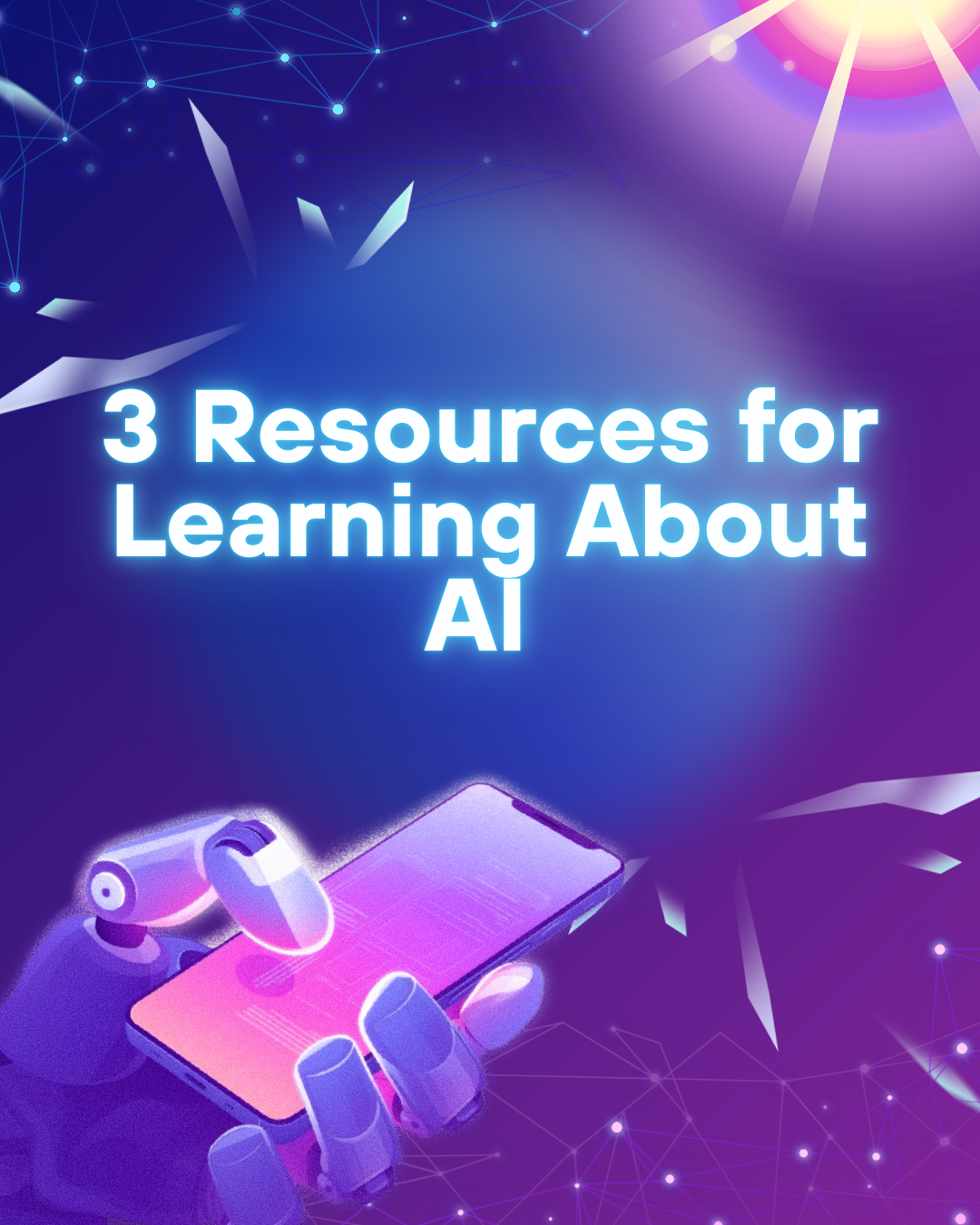
AI is the hot topic right now. No matter how you feel about it, it is not going anywhere. And it’s no longer just about using ChatGPT to write essays. AI is anticipated to be a major change agent in the coming years – in all aspects of our lives. If you’d like to hear more about this I recommend listening to Stark Raving Dad’s recent podcast, “What Every Parent Must Know About the AI Generation”. While I found Issy’s take to be slightly alarmist, I agree with him that more people need to be aware of the reality of what is taking place and should be considering how it will impact our kids.
If you need a quick primer on what AI tools are out there and how they are being used in daily life here is Axios’
AI Survival Kit. I also really like this
6 Things to Know About AI fact sheet from the News Literacy Project.
Given that AI is not going away, we need to find ways to introduce it to our children and prepare them for the future that is coming. AI is changing rapidly and new resources are being introduced daily to cover this topic but as of right now, I recommend three resources that are solid foundations in AI for middle and high school children (great for adults as well).
1. FundaFunda Academy Intro to AI (self-paced) and Artificial Intelligence for Teens
FundaFunda Academy has created two courses centered around AI. The first, Intro to AI, is a self-paced unit study. You can customize the pacing of the course and do one module a week for 4 weeks, or spread it longer, or condense it into a week or two.
I have reviewed the 4 modules that are included and it is a comprehensive look at the history of AI, the complications of ethics surrounding AI, current technology and how it works, and lots of hands-on practice with large language models and specialized tools such as Canva, Notebook LM, AI Duet, and Suno, and ending with the future of AI. For $20, it’s a solid program and should appeal to many kids with its use of videos, interactive websites, games, and hands-on learning.
The second,
Artificial Intelligence for Teens, explores everything in Intro to AI, and goes further. This option is an asynchronous, graded full-semester or students who would like more structure, guided interaction, feedback and grades.. Students will learn how AI systems work, discuss the ethics of AI, and complete hands-on exploration and assignments over the course of 16 weeks. At $159, as of this writing, the pricing is very reasonable for a graded course.
2. Udemy: Generative AI and Prompt Engineering for Absolute Beginners by Logix Academy
Udemy is an online learning platform that is fantastic for learning new skills. I have mainly used it for technology skills but there are also courses in design, arts and crafts, cooking, travel, gaming, photography, and much more. Individual courses are priced differently, but there are often sales and many libraries (including many in Rhode Island) offer access for free through their digital resources.
This course,
Generative AI and Prompt Engineering for Absolute Beginners ($19.99), is created for adult learners but is easily accessible for middle and high schoolers. I found the explanation of how AI works to be insightful and easy to comprehend - giving the learner a good foundation in the basics of AI technology. It moves on to hands-on exploration of various AI tools – from large language models, like ChatGPT, to specialized tools for graph, image and video creation, prompt libraries, and tools for detecting originality in work. (A note here: there are also short demos of the tool such as
quillbot and
writehuman.ai which assist users in turning AI generated text into text which appears original and human-written. The instructor does discuss that these tools have weaknesses and do not create high quality work. I personally think it’s important for my kids to know which tools are out there – and that I know about them – and to think critically about how and when to use them, but if you have a different perspective you may want to skip the course section on “Ensuring Originality in AI-Generated Content” or use a different resource altogether.)
There is also lots of instruction in prompt engineering with strong examples and a framework that explains exactly what you need to consider when prompting and why (a key skill to use AI optimally).
Time-wise this course is short, at a total of 5 hours of videos but a lot of information is crammed in and if your student does the hands-on work, it will stretch longer.
3. Code.org Artificial Intelligence Foundations
Code.org is a nonprofit focused on Computer Science education that provides free technology learning and curriculum for K-12 students. They are the group behind the Hour of Code initiative and now they are taking on AI by transitioning to Hour of AI. While that initiative is not completely up and running yet, there are several short lessons that introduce kids to AI through creating music and even Minecraft.
For those that want a full AI curriculum,
code.org has developed
Artificial Intelligence Foundations, a free full semester course that goes deep into AI, programming, systems, ethics, and insights. This course would be a good fit for a STEM focused student with a strong interest in AI and the latest technology. It is the most in-depth of the three presented here and the most technical.
Because they provide curriculum to all K-12 students, this curriculum is the most traditional looking of the three. The website has resources for teachers and students and to access the teacher materials you must register (see below). Once registered you will have access to the syllabi and all resources and will be able to assign modules and lessons to your student. Because of the depth of this course I have not completed it myself, but I have reviewed the modules and some of the course materials and found it to be high quality.
Code.org is free for all educators, including homeschoolers. Unfortunately, their registration process for educators is a little cumbersome for homeschoolers - they require verification that you are an educator through a 3rd party email confirmation. For traditional educators, this would be the school admin, department head, etc. For myself, I provided the email of a friend/ co-volunteer at ENRICHri and that was accepted without issue. Code.org sends a quick email asking if you are an educator and your recommender just has to verify. It’s simple, but not very inclusive for homeschoolers (I did send them that feedback).
Share Article
Discover More

